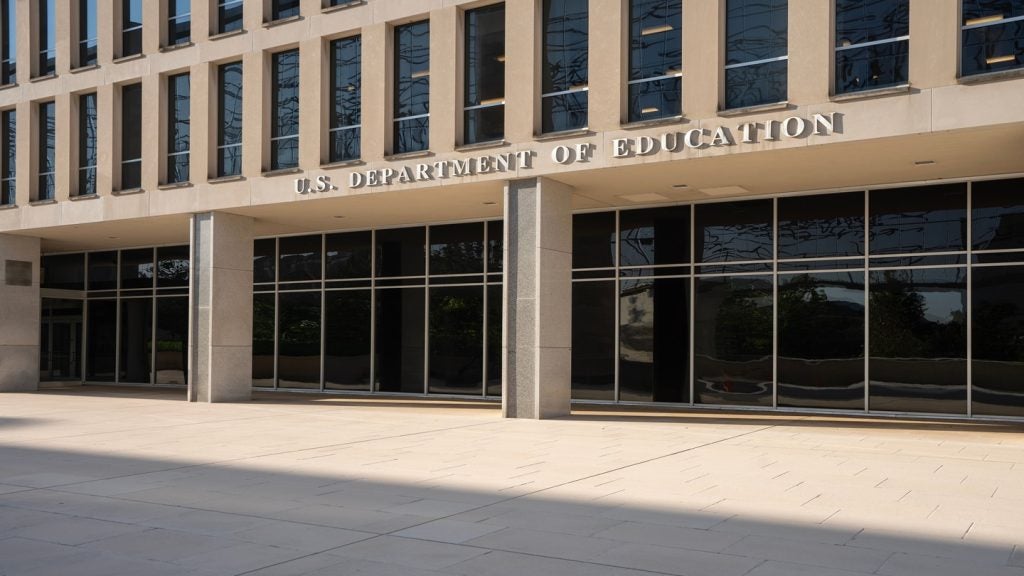
The Minnesota Society of CPAs (MNCPA), a professional association of CPAs and accountants, has heralded the passage of a bill that introduces new pathways to CPA licensure in the state.
The legislation, which garnered bipartisan support, was included in the State Government Conference Committee’s omnibus bill, Senate File 3045, and is now awaiting the signature of Governor Tim Walz.

Access deeper industry intelligence
Experience unmatched clarity with a single platform that combines unique data, AI, and human expertise.
The bill outlines two new avenues for CPA licensure – obtaining a bachelor’s degree with two years of experience, or a master’s degree with one year of experience.
These options will become available from 1 January 2026.
Additionally, the existing 150-hour credit requirement will be phased out after 30 June 2030, and automatic mobility/practice privileges will be granted the day after the bill’s ratification.
However, CPA candidates must still pass all parts of the CPA Exam to be licensed.

US Tariffs are shifting - will you react or anticipate?
Don’t let policy changes catch you off guard. Stay proactive with real-time data and expert analysis.
By GlobalDataGovernor Walz has a 14-day window to act on the bill, after which it will automatically become law without his intervention.
Minnesota’s move aligns it with over a dozen states that have already revised their CPA licensure and/or mobility rules.
Numerous other states are also considering similar changes, which may include additional credit or experience requirements and adjustments to the language regarding college credits.
MNCPA members were instrumental in initiating the discussion on licensure pathways.
Following extensive deliberations, the MNCPA board decided in December 2022 to propose these changes to tackle the challenges in the talent pipeline.
Despite initial resistance, the proposal gained traction as various stakeholders, including professionals, state societies, universities, government bodies, and businesses, recognised the benefits of broadening the pathways to CPA licensure.
In January 2025, Ohio was the first state to enact such changes.






